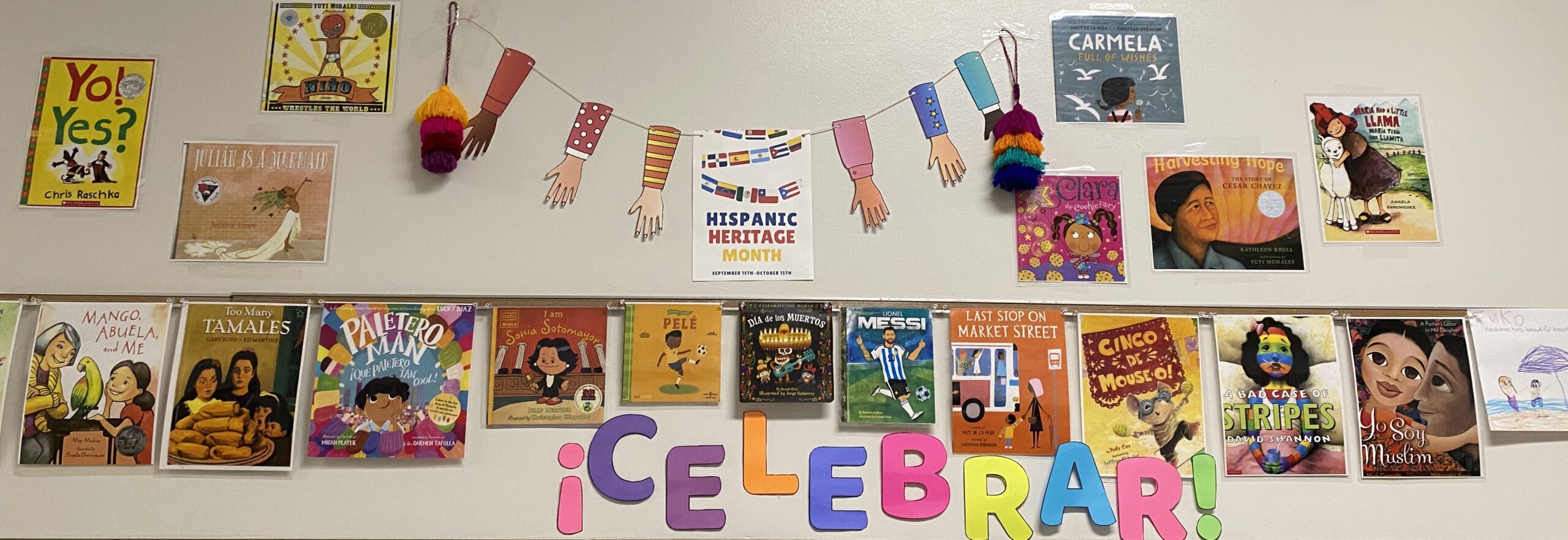
At University Park, we use CKLA for all of our students’ literacy practice. CKLA is a content-rich literacy curriculum distinguished by robust and sequential knowledge building, as well as systematic foundational skills instruction. CKLA 3–5 consists of original texts systematically and coherently ordered to build broad content knowledge in science, social studies, and the arts. An intentional approach to building knowledge invites students to engage with and make connections across topics not commonly taught in elementary literacy classrooms (e.g., Ancient Greece and the War of 1812 in grade 2). In K–2, high-interest, fully decodable stories advance along with students’ foundational reading skills.
These programs emphasize the application of mathematics to real world situations. Numbers, skills, and At University Park, our students get to experience mathematics with their teachers using Bridges (KG-1st) and Zearn/Engage NY (2nd-5th) as their curricular resources. Through both research-based programs, our teachers support students in analyzing, comparing, justifying, and providing their solutions to tasks with high cognitive demand. Teachers structure student collaboration around these tasks to build confidence in math and to make math come alive as a team of learners. We tap into experiences related to students’ culture, community, family, and history as resources help students make connections to real life experiences.
Students become engaged in the process of scientific inquiry and technological design by asking questions, conducting investigations, using tools, finding evidence, keeping reflective journals, and sharing their evidence and ideas. Students learn to work together as reliable members of a scientific team–a great way to make sure everybody in the group is involved and successful. We utilize Amplify Science, which is designed for the Next Generation Science Standards (NGSS). We cover key performance expectations for K-5 science and incorporate the science and engineering practices (SEP’s). The investigation-based modules also encourage inquiry through which students find answers to their own questions utilizing simulations and literacy rich activities. Each unit, students take on the role of a type of scientist. We encourage to students to read, write, think and “argue and defend claims” like real scientists and engineers.
Inquiry Journeys is a program integrating hands-on active learning, achieving a consistent pattern of high quality social studies instruction, while being mindful of standards. Assignments, involving multiple intelligences and higher-order thinking skills, challenge students to apply what they’ve learned. Students have opportunities to synthesize and apply the information they have learned in a variety of creative ways. At UPark, social studies is a key component of our school-wide vision for affecting the world around us.
The Gifted and Talented program at University Park Elementary provides differentiated, comprehensive and rigorous academic programming for kindergarten through fifth grade students. Our partnership with parents is an integral component of what we do to support our learners. GT programming varies from grade to grade, depending upon the strength areas and needs of the students. Academic programming includes push-in and pull-out models, whole class, small group and one-on-one support. It includes core subjects as well as thinking strengths and strategies in creative problem solving, logical reasoning, visual spatial thinking, creativity and more. Our focus on push-in and inclusion has helped us build the capacity of our teachers to take creative thinking and discourse to the next level. Affective programming includes social emotional discussion groups for third through fifth graders. ALPs are collaboratively written and involve the student and parents, as well as all other stakeholders. UPark is working to address historical inequities in GT programming by looking for student giftedness in ways that might not show up on a standardized test.
At University Park, we use a body of data to support students who are needing additional instruction in literacy. The goal of intervention is to accelerate students’ progress. These small group interventions are focused on building foundational skills in phonics and phonemic awareness. Daily intervention provides students with more practice in addition to the learning during their core instruction. Intervention varies in duration, frequency and size in order to meet the needs of each learner in the group.
Our Special Education Team is comprised of two Mild/Moderate Special Education Teachers, an Affective Needs Teacher, two School Psychologists, Speech Language Pathologist, Occupational Therapist, School Nurse and at least two SPED para-educators. This multi-disciplinary team helps support students who are identified as eligible for special education services. The team provides services in a variety of environments which are designed to meet the needs of each unique student. Services can be provided in a small group setting, or through an inclusive approach, such as co-teaching, or push in model within the general education classroom. The inclusion model ensures our students with disabilities have opportunities to learn alongside their peers. Inclusive education is our primary focus as it values diversity and the unique contribution each student brings to the classroom.
Our Affective Needs classroom provides support for students with emotional disabilities. There is a strong emphasis on affective education and academics, while also supporting social skills and centering social emotional curriculum. The emphasis is on building any lagging skills to ensure students can successfully access their learning. The classroom has a highly structured environment with individualized behavior management strategies, academic plans and structures which focus on the individual needs of each student. The goal is to slowly fade services and ensure students are ready to return to the general education classroom setting.
In Colorado, a Multi-Tiered System of Supports (MTSS) is defined as: A prevention based framework of team-driven, data-based problem solving for improving the outcomes of every student through family, school, and community partnering and a layered continuum of evidence-based practices applied at the classroom, school, district, region, and state level.
Intensive Level (1-5%): Interventions are provided to students with intensive/chronic academic and/or behavior needs based on ongoing progress monitoring and/or diagnostic assessment.
Targeted Level (5-15%): Interventions are provided to students identified as at-risk of academic and/or social challenges and/or students identified as underachieving who require specific supports to make sufficient progress in general education.
Universal Level (80-90%): ALL students receive research-based, high quality, general education that incorporates ongoing universal screening, progress monitoring, and prescriptive assessment to design instruction. Expectations are taught, reinforced, and monitored in all settings by all adults. Discipline and other data inform the design of interventions that are preventative and proactive.
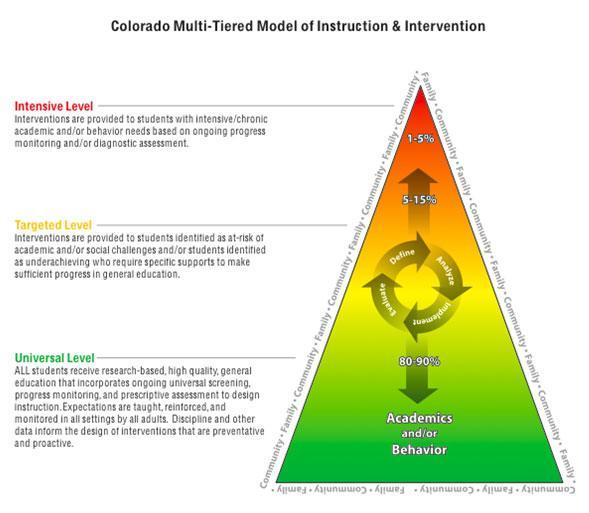
Step 1
Step 2
Step 3
Step 4
Teachers are expected to follow up and communicate regularly with the child’ parents about any new data cycles or next steps that will be implemented. If next steps are recommendations/referrals for a 504 or special education plan then a specialist in that area will contact the families to discuss the next steps.
| Photo | Name | Title | Department | |
|---|---|---|---|---|
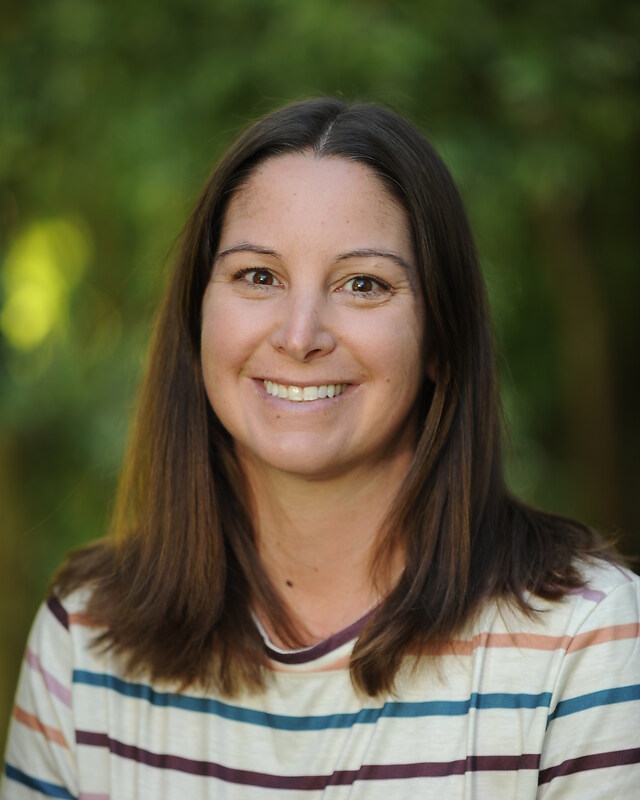
|
Katie Hendershot | SPED Teacher and MTSS Coordinator | MTSS, Special Education | Kathryn_Hendershot@dpsk12.org |
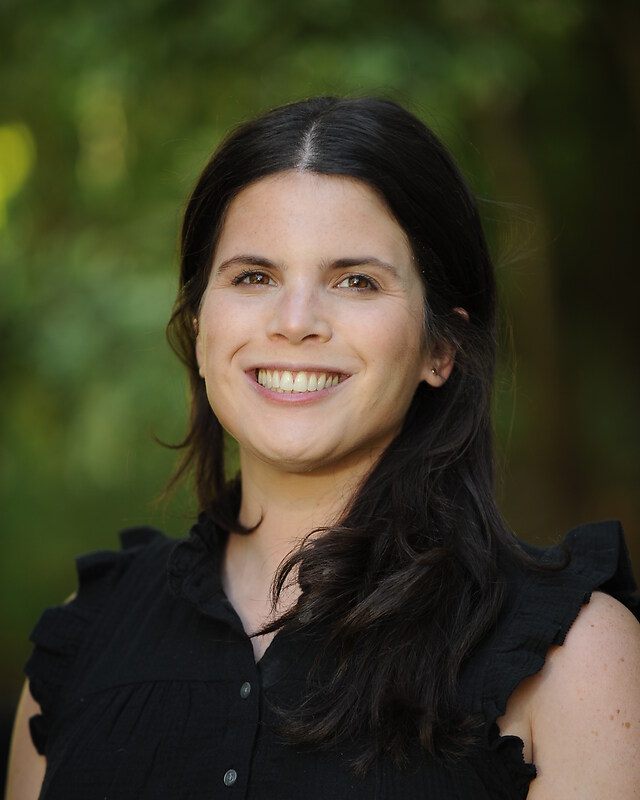
|
Alexis Morof | Teacher | Kindergarten, MTSS | Alexis_Morof@dpsk12.org |
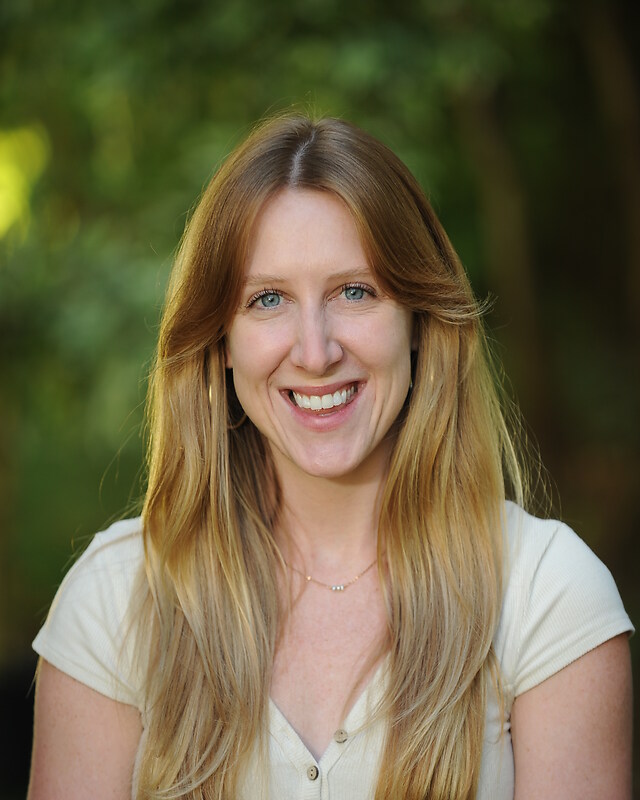
|
Ashley Randall | Teacher | 3rd Grade, MTSS | Ashley_Randall@dpsk12.org |
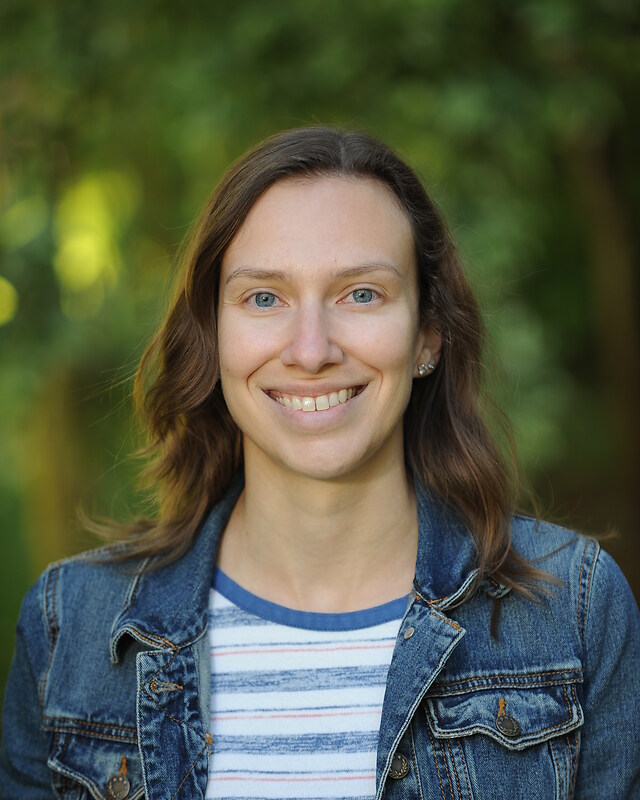
|
Alicia Vega | School Psychologist | MTSS | Alicia_Vega@dpsk12.org |
Learn more information about the MTSS process.
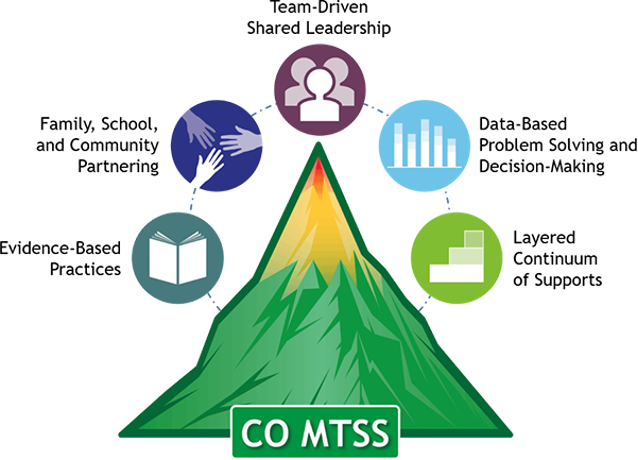
At University Park, our goal is to educate the whole child. As a result, we include 20 minutes of social/emotional learning in each classroom everyday. Our teachers follow the Second Step evidence-based curriculum to support social/emotional learning in the classroom. This program teaches students the connections between their thoughts, feelings, and actions. Teachers also utilize other tools, such are classroom circles to support the social/emotional learning in their classrooms.
We typically have 10 or more languages spoken at UPark during any given year. We have a dedicated teacher who provides pull-out, small group English instruction for our multilingual student body. Each of our classroom teachers is ELA-E certified to provide language acquisition support for all students. This makes UPark a wonderful place of cultural and linguistic diversity, which is celebrated each year during our Multicultural Night.
All students at UPark attend both music and drama each week. They begin their year participating in name and ensemble building games. Students in Kindergarten through 2nd Grade then learn about the four voices (shout, sing, talk, whisper), engage in finger plays, circle singing games, and echo songs. Third through 5th graders learn stage directions. All students rehearse for and participate in an annual grade level performance. Other major content explored throughout the year is as follows:
All students in grades K through 5 attend art every week. During this time, students create works of art with intent and purpose that have personal and symbolic meanings that connect to the world through history, math, science and literature. Students reflect on the meaning and connections in their art as well as their artistic choices. Students have the opportunity to explore and use various media and processes such as acrylic and tempera paints, watercolors, pastels, paper mâché, collage, batik, pottery and weaving.
Student art work is displayed throughout the school building on a regular basis, and families are invited to attend grade level art shows. Additionally, each May our school community comes together for Art Night, where families are invited to explore their creativity together at a variety of art stations.
In the University Park Elementary School Library, our focus is on supporting and growing the students’ love of reading. Our library is staffed and supported by amazing parent volunteers who engage with the students’ interests to help them learn there is something for everyone in a library! Kindergarten students also experience a guided curriculum concentrating on getting to know the school library, understanding book care and the elements of a book, as well as to how to choose a just right book from our shelves.
University Park offers a quality physical education program that helps all students develop health-related fitness, physical movement competence, cognitive understanding, and positive attitudes about physical activity so that they can adopt a healthy and physically active lifestyle. Our PE program is based on standards-driven instruction emphasizing movement competence and understanding, personal and physical wellness, social emotional wellness, and risk prevention. Some of the types of activities we include in our curriculum are teamwork and cooperation games, skills related to team and individual sports, health and skill related fitness, dance, and balance and tumbling skills. Our amazing PE teacher, Tracy Hartin, was named PE Teacher of the Year for the state of Colorado in 2023-2024!
Fourth and 5th grade students at UPark have the opportunity to participate in our band as a before school enrichment program through Big As Life Music. Over 60 students receive twice per week instruction in woodwinds, brass, and percussion. Both beginning and intermediate band are offered. University of Denver Lamont School of Music and Metropolitan State University students serve as sectional leaders throughout the year.
In addition to weekly practice, students participate in winter and spring concerts, perform at the school Fun Run, take a field trip to Metro, perform at a University of Denver sporting event, and participate in other performance opportunities in the community.
The school has nearly 60 instruments that are maintained by the PTA. These instruments are available for UPark band students to use throughout the school year for a low-cost rental fee, and scholarships are also available.
If you are looking for a caring learning community where students come first, join us at University Park Elementary School! Schedule a tour!